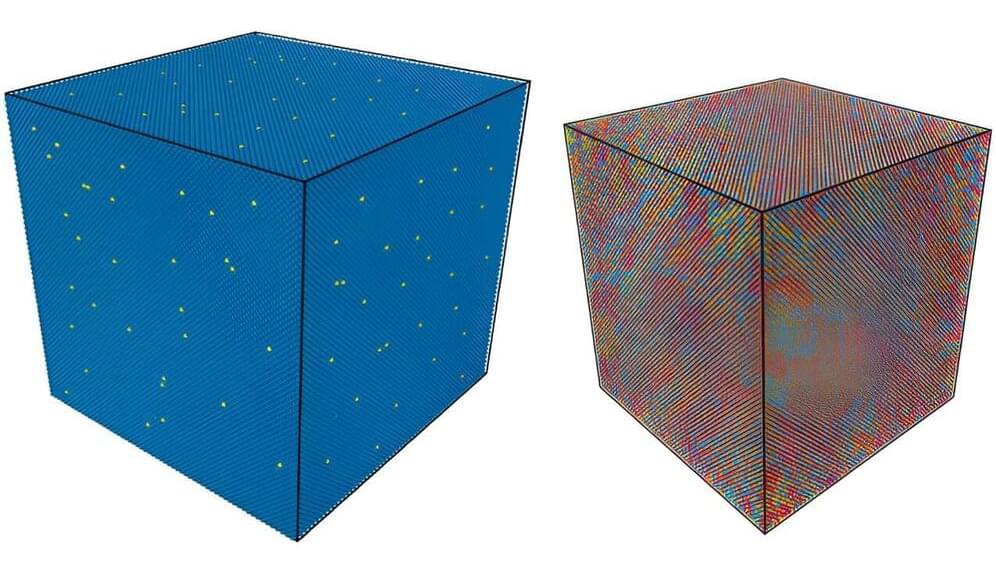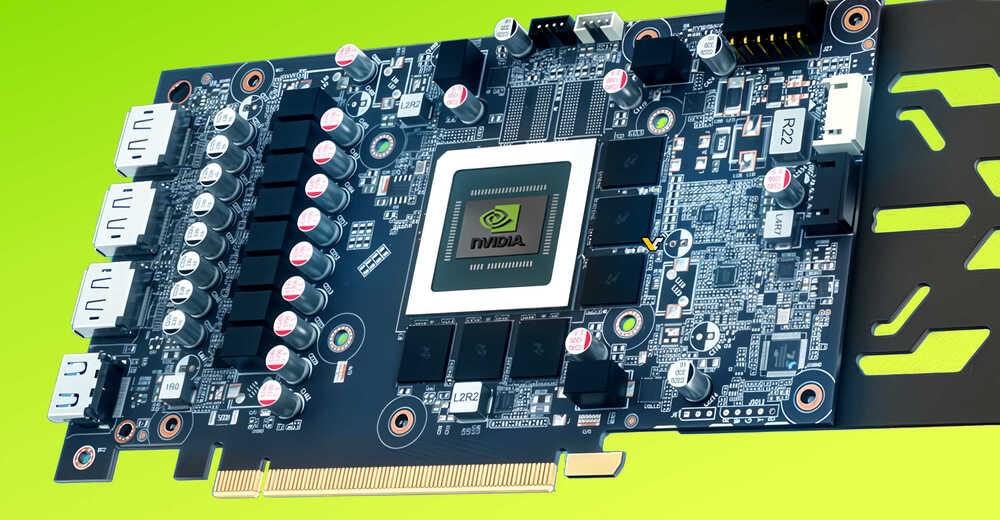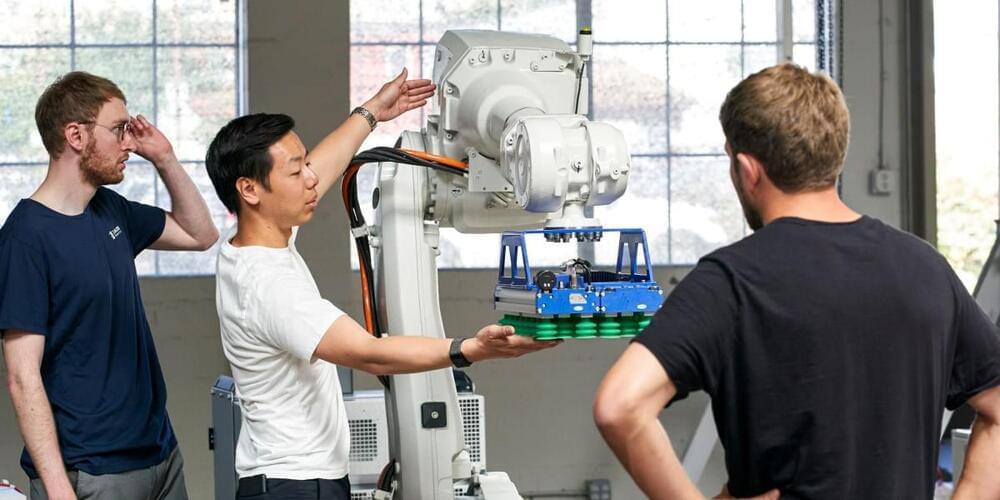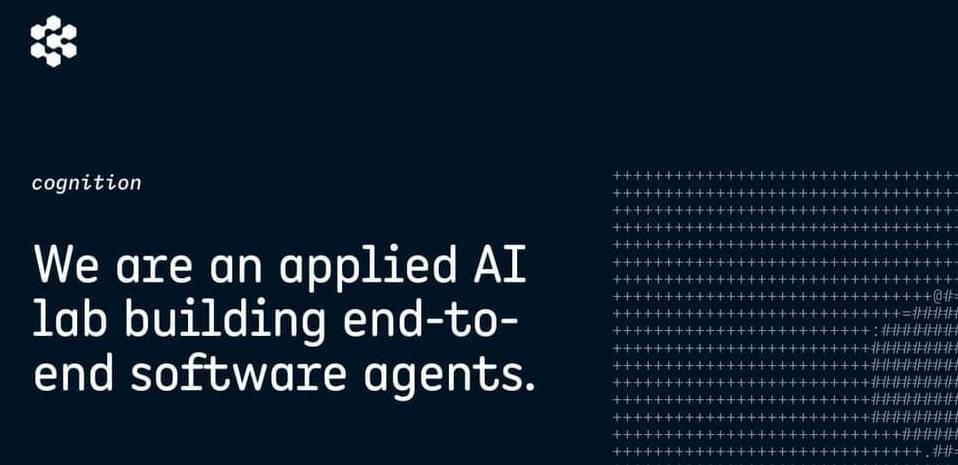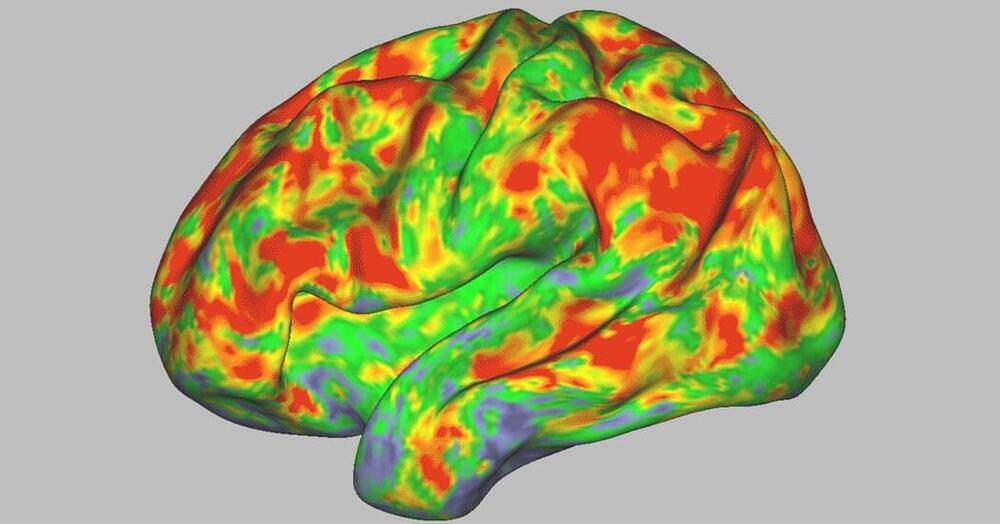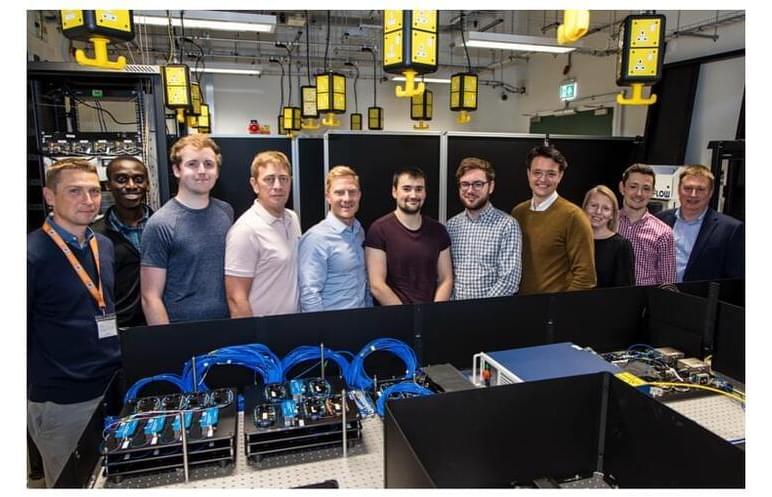
Infleqtion, the world’s leading quantum information company, announced the installation of a cutting-edge neutral atom quantum computer at the National Quantum Computing Centre (NQCC).
PRESS RELEASE — Infleqtion, the world’s leading quantum information company, is proud to announce the installation of a cutting-edge neutral atom quantum computer at the National Quantum Computing Centre (NQCC). This marks a significant milestone as Infleqtion becomes the first company to deploy hardware at the NQCC under their quantum computing testbed programme. The news comes on the heels of Infleqtion’s rapid advancement in quantum gate fidelity.
Tim Ballance, President of Infleqtion UK, said, “Our recent installation is part of Infleqtion’s dedication to leading facility logistics in partnership with our colleagues at the NQCC. Together, we are establishing crucial infrastructure components such as network infrastructure, safety protocols, and security measures. Infleqtion has completed our second milestone, which includes the installation and in-situ characterisation of primary lasers, optical, vacuum, and electronic subsystems necessary for the quantum computer to function. This accomplishment demonstrates our advanced technology and expertise in the field.”
Continue reading “Infleqtion Installs First Quantum Computer at NQCC” »


